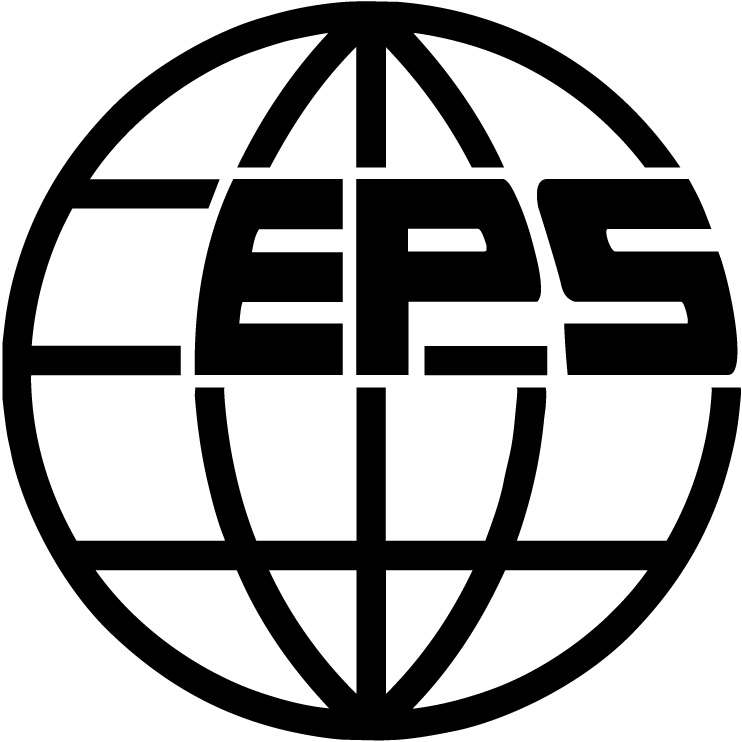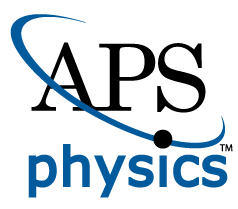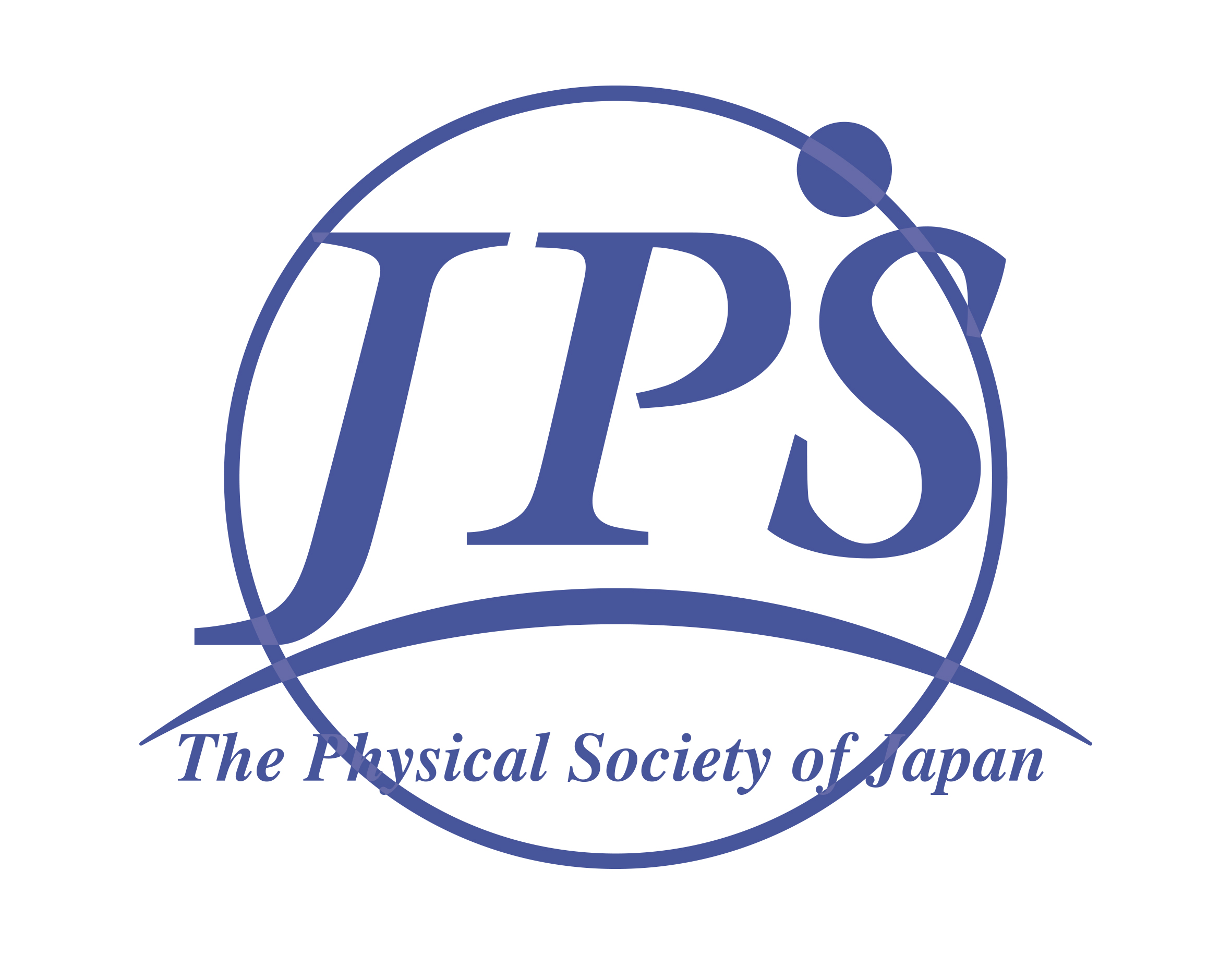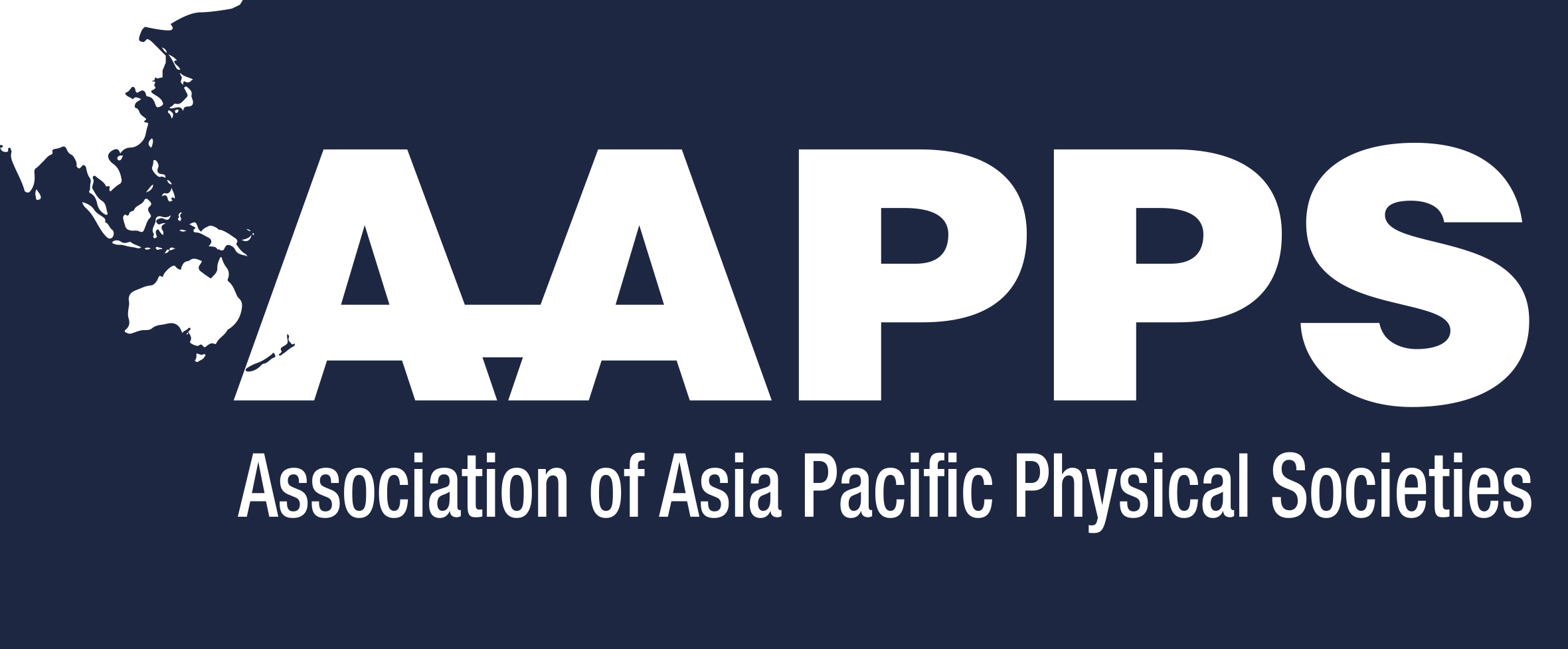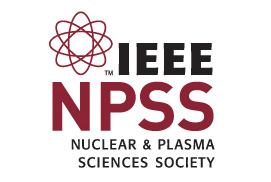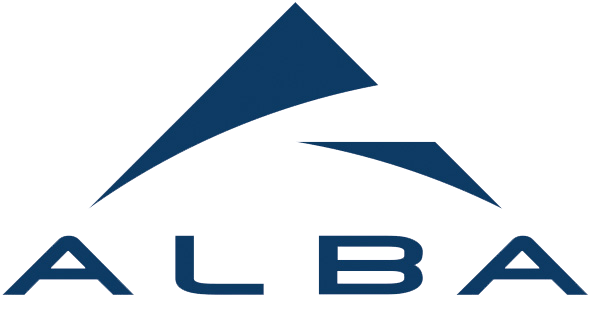Workshops Venue
The Workshops will take place at the Hotel Fairmont Rey Juan Carlos I located within walking distance of the ICALEPCS 2017 Conference venue:
08028 Barcelona
Metro stop: Zona Universitària - (L3 and – L9 South)
Registration Fees
The Workshops are not included in the registration fee of ICALEPCS 2017 Conference. Registration fees, VAT included:
- Full day workshop: €90
- Half day workshop: €60
You can register for the workshops at the same time as you formalize your registration to the Conference. To attend the workshops it is not necessary to register for the Conference.
Registration is closed
Cancellation fees: Cancellations received before September 1st, 2017 are subject to an administrative charge of €15. No refunds will be awarded on cancellations received after that date. Refund requests should be submitted to the Technical Secretariat.
The workshops will be held in rooms with limited capacity. The available places will be assigned in strict registration order. Please register as soon as possible in order to guarantee your assistance.
Lunch at the Workshops Venue
As lunch is not included in the registration fee, there will be the option to reserve lunch boxes during the registration process. The area were the Workshops Venue is located there are not so much restaurants and cafeterias; this is why we strongly recommend to reserve this lunch option in advance; the organization of the conference does not guarantee availability of lunches for those who do not reserve them in advance. Rate per lunch box: €18.70, VAT included
Program
2. White Rabbit Tutorial Workshop
6. Control System Cybersecurity Workshop
8. Sardana - Scientific SCADA Suite
9. User Experience in MicroTCA
10. MRF Timing Protocol Users Workshop
1. EPICS Satellite Meeting
Organised by: Timo Korhonen (ESS) and Sira Cordon (ESS Bilbao)
When: Saturday 7th October from 9:30 to 18:30
EPICS (Experimental Physics and Industrial Control System) is a set of Open Source software tools, libraries and applications developed collaboratively and used worldwide to create distributed soft real-time control systems for scientific instruments such as a particle accelerators, telescopes, experiment beam lines and other large scientific experiments. The EPICS collaboration meeting provides an opportunity for developers and managers from the various different sites to come together and discuss their work in progress and make plans for the future. They give a chance to see what is being done at other laboratories, and to review the specifications for new tools or enhancements to existing ones in order to maximize their usefulness to the whole community and avoid duplication of effort.
Topics that will be addressed:
- The upcoming EPICS 7 release
- Project status reports
- User Interface tools
- Technical presentations from EPICS users
For more information, please contact This email address is being protected from spambots. You need JavaScript enabled to view it. or This email address is being protected from spambots. You need JavaScript enabled to view it. or check the workshop webpage.
2. White Rabbit Tutorial Workshop
Organised by: Javier Serrano (CERN)
When: Saturday 7th October from 9:30 to 18:30
White Rabbit (WR) is a multi-laboratory, multi-company collaboration to design open source hardware, gateware and software in the field of distributed hard real-time controls and data acquisition systems. The core of these systems is a WR network, which features sub-ns synchronization with fiber delay compensation and a guaranteed upper bound in message latency. WR is a backwards compatible extension of Ethernet and IEEE 1588 (aka Precise Time Protocol). The WR collaboration typically conducts workshops where users and core developers present their progress and applications.
In this ICALEPCS pre-conference workshop, we would like to take a slightly different approach. We would like to make this a tutorial workshop, meaning that somebody who has never been exposed to WR technology should walk out of the workshop with a very good idea of how to use WR to solve real life problems, having seen real WR gear in action. We would also like to cater for experienced WR users by providing several examples of WR applications in domains they may not have tackled yet, and by including advanced material at the end of the day.
This workshop will cover:
- Basics of WR technology
- The WR switch and WR nodes
- The WR PTP core console
- Demonstration of synchronization and message latency measurement
- Basic monitoring of a WR network through SNMP
- Applications
- Event timing system
- Distributed oscilloscope
- RF distribution
- MIMO feedback systems
- Low-latency deterministic data streaming
- Advanced topics
- Robustness
- Advanced monitoring and diagnostics in a WR network
- Internals of the WR PTP core
- Remote configuration of switches and nodes
- Designing and calibrating your own WR node
- Minimizing the jitter of the recovered clock signal
- Minimizing the latency variations for data delivery
For more information, please contact Javier Serrano or check the workshop webpage.
3. TANGO Workshop
Organised by: Jean Michel Chaize (ESRF) and Andy Gotz (ESRF)
When: Saturday 7th October from 9:30 to 18:30
This workshop will give a general overview of the TANGO control system framework and its different aspects including latest developments.
The following general topics will be covered:
- General overview of Tango concepts
- Latest developments
- New features in tools
- PyTango and ITango
- RestApi & Cloud
The TANGO virtual machine will be used to demonstrate the following:
- Designing a simple TANGO device server, developing the code, debugging and deploying it
- Configuring properties, attribute properties, events, polling, archiving
- Accessing it from generic clients.ATK, JDraw, Taurus, ITango, RestApi
Finally there will be a session dedicated to installing TANGO on your own laptop or computer.
For more information, please contact This email address is being protected from spambots. You need JavaScript enabled to view it. or check the workshop webpage.
4. PLC Based Control Systems
Organised by: Enrique Blanco (CERN)
When: Saturday 7th October from 9:30 to 18:30
This workshop intends to create a collaborative space where attendees will show their best practices, tools employed and return of experience when engineering PLC based control systems. This time the workshop focuses specifically the management of the control applications.
Precise topics that will be addressed:
- Specifications, requirements trace, documents: analysis, design, implementation
- Software development: standards and/or frameworks, novel paradigms (e.g. automatic code generation, object orientation), language choice and coding conventions, best practices.
- Testing and verification: methodologies and tests (FAT, SAT), simulation, static analysis, verification (e.g. formal methods)
- Application management: versioning, deployment, online changes, upgrades, reverse engineering
5. HDF5 and Data Format
Organised by: Ulrik Pedersen (DLS) , Andy Götz (ESRF) and Elena Pourmal (The HDF Group)
When: Sunday 8th October from 9:00 to 18:00
During ICALEPCS 2015 it became clear that HDF5 is the de facto standard in the controls and acquisition field for storing large datasets. This workshop builds on the success of the last HDF5 workshop at ICALEPCS 2015.
The HDF group will present training tutorials on HDF5 basics including tools, performance tuning and new features.
The workshop will discuss recent developments in HDF5 and the experiences and plans of different sites, using the HDF5 library to record and store data and associated metadata.
Topics to be addressed include:
- HDF5 on multiple-platforms and multiple versions
- Use of additional definition standards like NeXus
- New tools like HDFql, news on h5py, viewers, 3rd party libraries
- Tuning and optimising for High Performance detector systems and HPC
- Experiences and plans for use of new features such as Single Writer Multiple Reader (SWMR), Virtual Dataset (VDS) and Direct Chunk Write
For more information, please contact This email address is being protected from spambots. You need JavaScript enabled to view it. or check the Workshop web page.
6. Control System Cybersecurity Workshop
Organised by: Stefan Lueders (CERN)
When: Sunday 8th October from 9:00 to 18:00
Today's accelerator and detector control systems do not differ significantly from the control systems used in industry or devices being part of the "Internet-of-Things" (IoT). Modern Information Technologies (IT) are commonly used, control systems are based more and more on common-of-the-shelf hardware/software (VME crates, PLCs, VxWorks, LynxOS, network switches, networked controls hardware, SCADA, commercial middleware, etc.) or Windows/Linux PCs. Furthermore, due to the academic freedom in the High Energy Physics community, control systems are produced in a wide, decentralized community, which leads to heterogeneous systems and often necessitates remote access. However, with this adoption of modern IT standards, control systems are also exposed to the inherent vulnerabilities of the corresponding hardware and software. The consequences of a security breach in an accelerator or detector control system might be severe, and attackers won't ignore HEP systems just because it's HEP.
The series of (CS)2/HEP workshops is intended to share and discuss counter-measures, to review configuration and development procedures for secure control systems, and to review the progress since the last (CS)2/HEP workshop.
Potential Keywords and topics are:
- Security, vulnerabilities and protective measures of front end devices (e.g. VME crates, LynxOS, VxWorks, PLCs, power supplies, networked controls hardware)
- Control network security, network architectures, network segregation, firewalling and intrusion detection
- SCADA security, PC installation and management schemes
- Secure ("Kiosk") operation in multi-user environments (e.g. at light-sources, where users change quite frequently)
- Authentication & Authorization on control systems
- Remote operations and expert interventions
- Software development cycle and system configuration management
- Security policies, best practices, security events and lessons learned
Please submit your abstract on the official homepage: https://indico.cern.ch/event/616635/ (You might need to create a local account for submission).
For more information, please contact This email address is being protected from spambots. You need JavaScript enabled to view it..
7. Motion Control Workshop
Organised by: Yves-Marie Abiven (SOLEIL), Christer Engblom (SOLEIL), Brian Nutter (DLS), Nader Afshar (AS), Paul Barron (ESS), Nicolas Janvier (ESRF), Nicola Coppola (XFEL), and Guifré Cuní (ALBA)
When: Sunday 8th October from 9:00 to 18:00
The ICALEPCS MOCRAF workshop group has been created on www.MOCRAF.org to discuss about the organization of the ICALEPCS Motion Control pre-conference Workshop. Its purpose is to get feedback from attendees to make the workshop as interesting and as pleasurable as possible. This group will remain alive after the workshop to be the input for the future ICALEPCS MOCRAF meeting.
The aim of the workshop is to be helpful to you the community and so we welcome input (*) on the content and style. After the previous workshop in at ICALEPCS in Melbourne it was suggested that more time should be put aside for interactive group discussions. We are proposing two talks per session each of around 15 to 20 minutes leaving 50 - 60 minutes for relevant discussion topics. We think the current topics of interest could include the following:
- Technical solutions in software and in low level hardware with discusions on: Kinematic transforms, Complex trajectories, Protection including collision avoidance, Multi-axes and Multi-controller synchronization, Embedded and/or hosted motion features.
- Motion control challenges with discussions on: Submicron positioning, Continuous and Synchronous motion control, and Detector's data acquisition.
- Motion Control and Sample Environment Automation:
o How should motion control fit into the increasing automation demands of high throughput beamlines?
o How Robotic could contribute to beamline automation? - Hardware challenges with discussions on: Actuating Technologies, Metrology, Stage Evaluations, Estimations, & Simulations, Methods of Characterization, Stacking vs Parallel Structures, Building a closed-loop control system with different feedback sources.
- Experiences in motion control at the different sites with discussions on: Radiation damage to encoders, in-house development verses industrial product, system performance validation including reliability and obsolescence management.
(*) We look forward to hearing what you would like to discuss. We will really appreciate your input:
- New topics of your interest
o What would you like to hear and get out of the workshop?
o What are the current technical challenges or concerns in the motion control area at the facility? - Proposal of a session talk (15'-20') for a specific topic to warm-up the discussion
o Should be technical-oriented (not commercial), and we may select several of these talks after collecting all your inputs in order to encourage interactive discussions afterwards.
NOTE: "Not to do" experiences may be also worth-sharing - Short introduction (3-4 slides or free text in your response) of your facility including:
o Short description of the facilities' main purpose and activities, staff size, etc.
o How is motion control integrated into the activities of the institute (organization, technologies, motion-related staff size, etc.)?
NOTE: If available, you can update the current version in ICALEPCS2015 (Contributions -> Morning Session 1 -> Short presentations)
For more information, please contact This email address is being protected from spambots. You need JavaScript enabled to view it..
Link to previous workshops contents: ICALEPCS 2013, ICALEPCS2015.
8. Sardana - Scientific SCADA Suite
Organised by: Zbigniew Reszela, Carlos Pascual, Carlos Falcon, Marc Rosanes, Guifré Cuní, David Fernández (ALBA)
When: Sunday 8th October from 9:00 to 18:00
Sardana (www.sardana-controls.org) is an open source, python software suite for Supervision, Control and Data Acquisition in scientific installations. This workshop will demonstrate how to build a complete laboratory control system from scratch. After a quick guide on how to install and configure the Sardana system the workshop participants will start from learning the generic interfaces of the most common laboratory equipment exposed by the device Pool. Afterwards some practical example of how to integrate a new hardware into Sardana will be demonstrated. In continuation a basic course on how to write and execute the user procedures, called macros, will be given. Finally, it will be demonstrated how easy it is to build a modern and flexible graphical interface to the laboratory instruments using Taurus library (www.taurus-scada.org). Furthermore an example on how to mix different data sources in the same GUI will be shown with the how to write a custom Taurus scheme tutorial.
Precise topics that will be addressed:
- Installation and configuration of Sardana system from scratch
- Integration of hardware in the device Pool via controllers
- Programming your own experiments with macros
- Building a graphical user interface using Taurus library
- Accessing different data sources from within Taurus
For more information, please contact This email address is being protected from spambots. You need JavaScript enabled to view it..
9. User Experience in MicroTCA
Organised by: Thomas Walter (DESY)
When: Sunday 8th October from 9:00 to 13:00
This workshop will introduce different applications and uses of MicroTCA standard in accelerators and large experimental physics control systems.
Topics that will be addressed:
- MicroTCA – Introduction to the Standard and latest news on European XFEL - Kay Rehlich (DESY)
- MicroTCA in Real Life - Thomas Holzapfel (Powerbridge, on behalf of N.A.T.)
- Implementation of MicroTCA for Beam Diagnostics and Synchronization (Matthias Felber (DESY)
- Scalability of MicroTCA.4 Systems (Thomas Holzapfel, Powerbridge)
For more information, please contact This email address is being protected from spambots. You need JavaScript enabled to view it..
10. MRF Timing Protocol Users Workshop
Organised by: Eric Bjorklund (Los Alamos Neutron Science Center)
When: Sunday 8th October from 14:00 to 18:00
This workshop is for users of event-based timing systems implementing the Micro Research Finland (MRF) protocols and interfaces. This would include (but is not limited to) products from MRF, SINAP, and Instrument Technologies. The content of the workshop will depend on the submissions received, but could include:
- New hardware product announcements
- Report on open FPGA hardware platform
- New software development reports
- User experience and status reports
- New feature requests (hardware and software)
For more information, please contact This email address is being protected from spambots. You need JavaScript enabled to view it..

